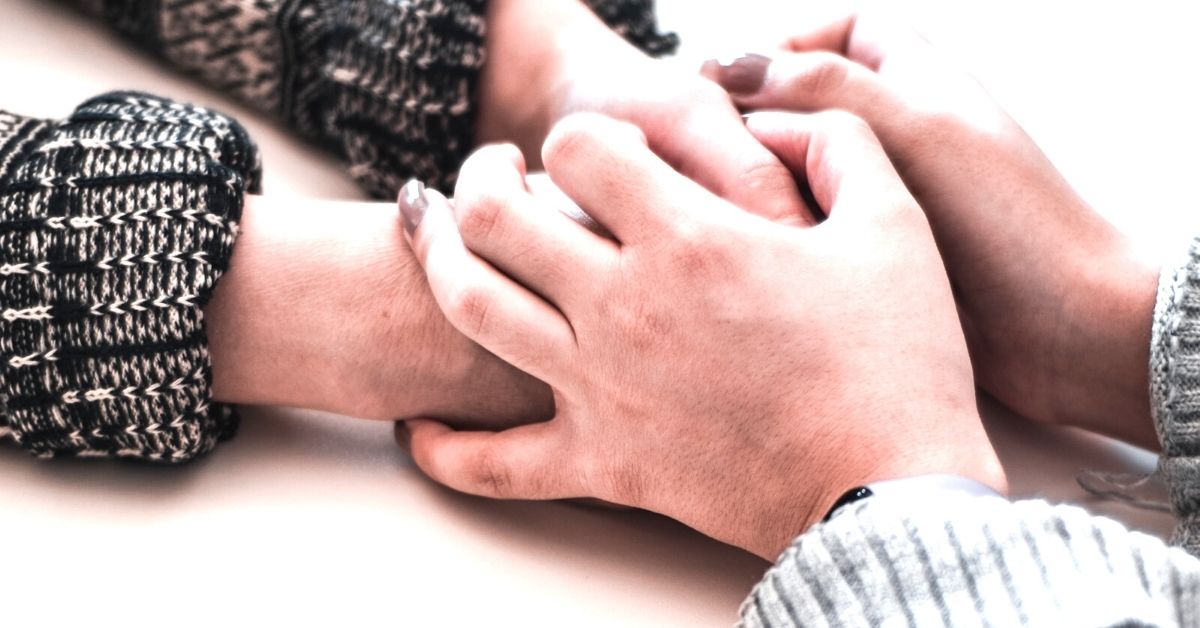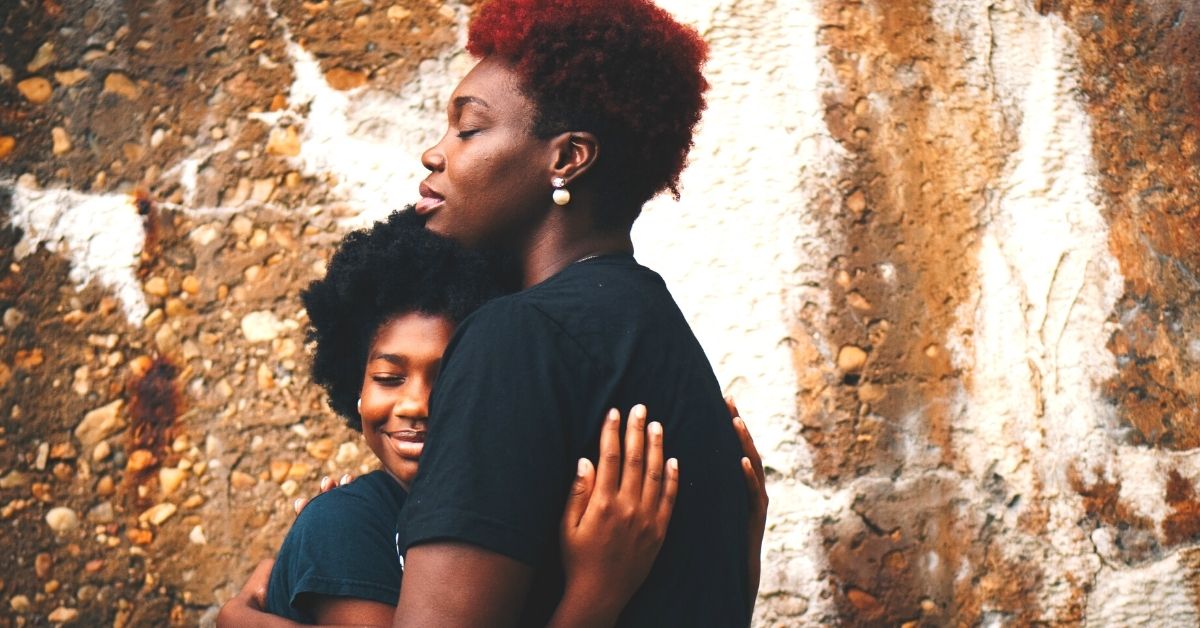By: Collett Smart
A shortage of healthy touch can have detrimental effects on our health and wellbeing, even leading to psychologically damaging effects.
Of course, we’ve known for many years about the importance of touch for the healthy physical and psychological growth of infants. Hospitals recommend kangaroo care and skin-to-skin contact for premature babies, as this is proven to aid physical development.
Healthy or pleasant touch, like hugs, sees your brain release a hormone called oxytocin. Often called the ‘hormone of attachment’. It even has a cute nickname – the ‘cuddle hormone’ This hormone seems to improve social bonding and even improves trust, while lowering anxiety and fear.
For instance, hugs and touch are even known to reduce stress. Which means there is real power in ‘good’ touch, safe touch and affectionate touch.
Dr Spence, of Oxford University has fascinating research on the importance of touch. He suggests that smell and touch are linked more closely to the emotional centres of the brain than vision or hearing. Yet, we are visually and aurally bombarded more than ever.
What Teens Need
The love and affection of parents and siblings is the first place that young people learn about ‘good’ touch! But Spence believes that young people are experiencing ‘touch hunger’. And even though teens may hear that they are loved, they need to physically ‘feel’ love to truly fulfil the affection they crave.
Love needs touch to make it real.
Particularly fascinating, as the teen years are the time when our children seem to be pushing us away…
It is our job as parents and primary carers to fill our teen’s touch hunger, in ways that are meaningful and loving to them. This leads naturally into some of the most important conversations we have with our children – body boundaries and body safety, good touch and bad touch. (Not every week, or even every month, but periodically throughout their growth.)

But What If My Teen Hates Hugs or Pushes Me Away?
If you are unsure, ask your teen what types of touch feel safe and loving for them.
Also keep in mind that teens on the autism spectrum, don’t like some forms of touch. So we must stop if they show they don’t want to be hugged or touched in certain ways too.
But it is imperative that we don’t back off from affectionate touch altogether, just because our teen doesn’t like hugs. Look for ways to communicate your love for your teen, through the types of touch that speak their language.
What if YOU Hate Hugs?
Your own feelings and dislike for certain types of touch can lead to powerful conversations with teens, about other people’s body boundaries.
But again, look for ways to communicate your love for your teen through the types of touch that communicates love for both of you. This can also spark discussions about mutual affection within healthy relationships.
Some ideas for affectionate touch:
-
- a tight side hug
- a full-on bear-hug
- a gentle hand squeeze
- head massages at night
- bedtime arm tickles
- shoulder massages
- fist bumps
- a reassuring squeeze of the upper arm
- hair ruffles
- rough-and-tumble play
- sitting close together on the couch while reading a book or watching a movie
- (add your teen’s choice here)
Final Thoughts
Don’t give up on your teen when they push you away. Sometimes they’re testing the boundaries of your relationship, sometimes they’ve just had a bad day, sometimes they don’t even know why they’re doing it.
One thing they need most of all, is to know that you’re never giving up on reaching out to them.
Article supplied with thanks to Raising Teenagers
About the Author: Collett Smart is a psychologist, qualified teacher, speaker and internationally published author. She lives with her husband and 3 children in Sydney, Australia. The heart of Collett’s work is to support and bring Hope to parents of tweens and teens.
Feature image: Photo by Eye for Ebony on Unsplash

